EENA participated this week in the second of four STELLAR pilot tests in Leverkusen (Germany). Based on the replay of the 2021 Chempark Leverkusen explosion, this test show-cased the capacity offered by Galileo Emergency Warning Satellite System (EWSS) to send public warning alerts via the Galileo satellite constellation.
Under the supervision of the STELLAR consortium, the participants, members of the Public Warning System community, learned about the service by playing 3 different scenarios. This sequence allows collecting valuable feedbacks on the Galileo Emergency Satellite System concept, after having experienced live the potential of the service.
We thank the German Federal Agency for Civil Protection and Disaster Assistance (BBK – Bundesamt für Bevölkerungsschutz und Katastrophenhilfe), the Ministry of the Interior of North Rhine Westphalia and the Fire Brigade of the City of Leverkusen for their support and participation and are looking forward to the next field test, planned in Cyprus in October.
About Emergency Warning Satellite Service:
The Emergency Warning Satellite Service (EWSS) is a new service currently being introduced with the Galileo European global navigation satellite system. It exploits the advantage of the Galileo infrastructure and signals to put at the disposal of national civil protection authorities a satellite channel for sending alerts to population in case of ongoing or looming disaster. The service is introduced as a complementary means to national alert systems, which can provide an added-value especially when traditional terrestrial alerting systems cannot operate at full capacity, or even collapse.
More about the STELLAR project:
STELLAR is a project funded by Horizon Europe, the European Union ‘s programme for research and innovation. It is managed by the European Commission, DG DEFIS, and is the follow up of the GRALLE project (2016-2018): the inception of the Galileo Emergency Warning Satellite Service (EWSS). The objective of STELLAR is to prepare the introduction of EWSS in the Galileo 1st Generation. More specifically, STELLAR aims at the consolidation of Galileo EWSS concept, by developing a full representative prototype architecture, and by organizing pilot tests in the European Union to evidence the characteristic and performance of this future alert service.
The STELLAR consortium, led by Telespazio France, is composed of CNES, EENA 112, F24 France & Belgium and Thales Alenia Space.
